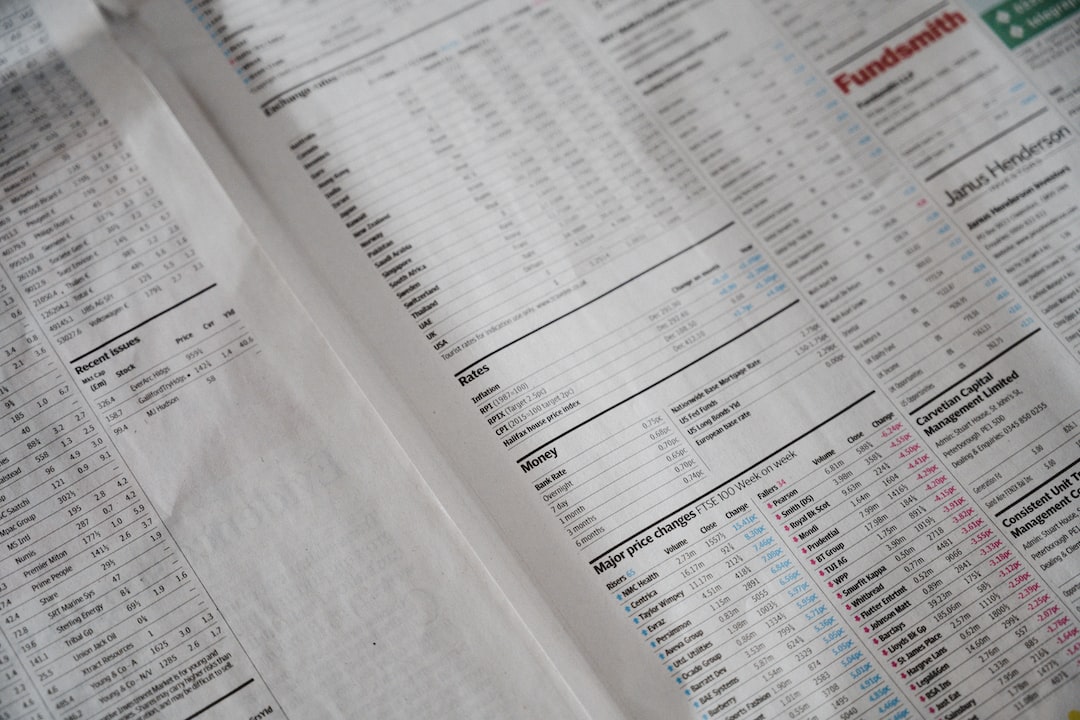Forex, or foreign exchange, trading is a popular way for individuals to invest and make money in the financial markets. However, choosing the right forex broker is crucial to success in forex trading. With so many options available, it can be overwhelming to decide which forex broker to use. In this article, we will explore the factors to consider when choosing a forex broker.
Regulation
The first factor to consider when choosing a forex broker is regulation. Forex trading is a highly regulated industry, and it is important to work with a broker who is licensed and regulated by a reputable regulatory body. This ensures that the broker operates in compliance with regulations and industry standards, which can help protect traders from fraud and other unethical practices.
Some of the most respected regulatory bodies in the forex industry include the Financial Conduct Authority (FCA) in the UK, the National Futures Association (NFA) in the US, and the Australian Securities and Investments Commission (ASIC) in Australia. Before signing up with a forex broker, it is important to research the broker’s regulatory status and verify that they are licensed and regulated by a reputable regulatory body.
Trading Platform
The trading platform is another important factor to consider when choosing a forex broker. The trading platform is the software that traders use to access the markets and execute trades. A good trading platform should be easy to use, reliable, and offer a range of features that can help traders make informed trading decisions.
Some of the most popular trading platforms in the forex industry include MetaTrader 4 (MT4) and MetaTrader 5 (MT5). These platforms are offered by many forex brokers and are known for their user-friendly interfaces, advanced charting tools, and customizable indicators. Other popular trading platforms include cTrader, NinjaTrader, and TradingView.
Costs
The costs of trading with a forex broker are also an important consideration. Forex brokers typically make money by charging a spread, which is the difference between the bid and ask price of a currency pair. Brokers may also charge other fees, such as commissions, overnight swap fees, and account maintenance fees.
When comparing forex brokers, it is important to consider the total cost of trading, including spreads and fees. Some brokers offer tight spreads and low fees, while others may charge higher spreads but offer other benefits, such as better execution speeds or more advanced trading tools.
Customer Support
Customer support is another important factor to consider when choosing a forex broker. The forex markets are open 24 hours a day, five days a week, and traders may need assistance at any time. A good forex broker should offer a range of customer support options, such as phone, email, and live chat, and should be responsive and helpful.
Before choosing a forex broker, it is a good idea to test their customer support by contacting them with questions or issues. This can help you gauge their responsiveness and the quality of their support.
Conclusion
Choosing the right forex broker is crucial to success in forex trading. When evaluating forex brokers, it is important to consider factors such as regulation, trading platform, costs, and customer support. By doing your research and selecting a reputable, reliable broker, you can increase your chances of success in the forex markets.





